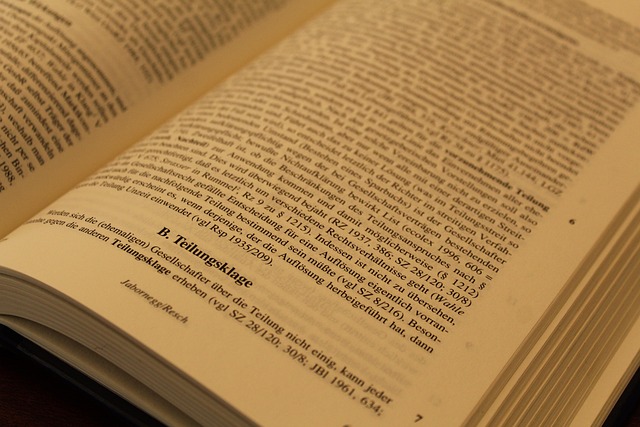Complex estate distribution scenarios in high-value estates require specialized legal knowledge to navigate state laws and minimize tax liabilities. Probate attorneys guide clients through asset planning, strategic decision-making, and dispute resolution techniques like mediation for efficient, fair distribution while protecting assets through detailed wills and trust agreements. Regular reviews ensure plans reflect changing circumstances.
Probate law can be a complex labyrinth, especially when dealing with high-value assets or contested wills. This article guides you through the intricacies of resolving complex probate matters, focusing on key areas like understanding intricate legal issues, navigating challenging estate distributions, and employing strategic legal approaches for swift resolutions. Learn essential asset protection measures to ensure fair and efficient administration of estates.
- Understanding Complex Probate Matters
- Navigating Estate Distribution Challenges
- Legal Strategies for Efficient Resolution
- Protecting Assets: Key Considerations
Understanding Complex Probate Matters

Probate legal matters become complex when they involve intricate estate distribution scenarios. These cases often arise from high net worth individuals’ estates, where assets are diverse and may include real property, valuable personal belongings, businesses, and substantial financial holdings. Navigating such complexities requires a deep understanding of state laws governing probate, inheritance, and tax implications.
Estate distribution in complex probates involves meticulous planning and strategic decision-making. It demands careful consideration of various factors like beneficiaries’ needs, potential tax liabilities, and the preservation of assets. Attorneys specializing in this field employ advanced techniques to ensure fairness and minimize legal and financial risks for all involved parties, especially when dealing with substantial wealth and valuable assets.
Navigating Estate Distribution Challenges

Navigating complex estate distribution challenges is a critical aspect of probate law. When a will is contested or an individual dies without a valid will, determining how assets are divided among heirs and beneficiaries can become a intricate process. This often involves interpreting legal language, understanding the intent behind the testator’s wishes, and addressing potential disputes between family members.
Estate distribution challenges may arise from various factors, such as unclear asset ownership, missing documentation, or complex financial arrangements. In these situations, probate attorneys play a crucial role in guiding clients through the legal process, ensuring that assets are distributed fairly and according to the law. They employ strategic planning, expert testimony, and meticulous record-keeping to navigate the intricacies of estate distribution, ultimately helping to resolve matters efficiently and with minimal conflict.
Legal Strategies for Efficient Resolution

Efficient resolution of complex probate legal matters often hinges on robust legal strategies tailored to the unique circumstances of each case. One key strategy involves meticulous planning and documentation, ensuring that all assets are accurately identified and valued. This proactive approach helps streamline the estate distribution process by minimizing disputes and unexpected complexities.
Additionally, experienced legal professionals employ innovative solutions like alternative dispute resolution (ADR) methods such as mediation or arbitration. These techniques foster collaborative problem-solving among parties, potentially avoiding costly and time-consuming court battles. By prioritizing open communication and mutually agreeable outcomes, ADR can significantly expedite the probate process, ultimately facilitating a smoother estate distribution.
Protecting Assets: Key Considerations

Protecting assets is a critical aspect of resolving complex probate legal matters, ensuring that the intended distribution of an estate is carried out smoothly and in accordance with legal requirements. When dealing with substantial assets, whether real estate, financial investments, or valuable personal items, careful planning can safeguard these possessions from potential disputes, creditors, or unforeseen circumstances.
Key considerations include drafting a comprehensive will that clearly outlines the wishes for asset distribution, designating beneficiaries for various types of accounts and property, and considering trust agreements to manage assets during and after the probate process. Additionally, regular reviews and updates of estate plans can help adapt to changing financial situations and personal relationships, ensuring that the final distribution reflects the testator’s current intentions.






